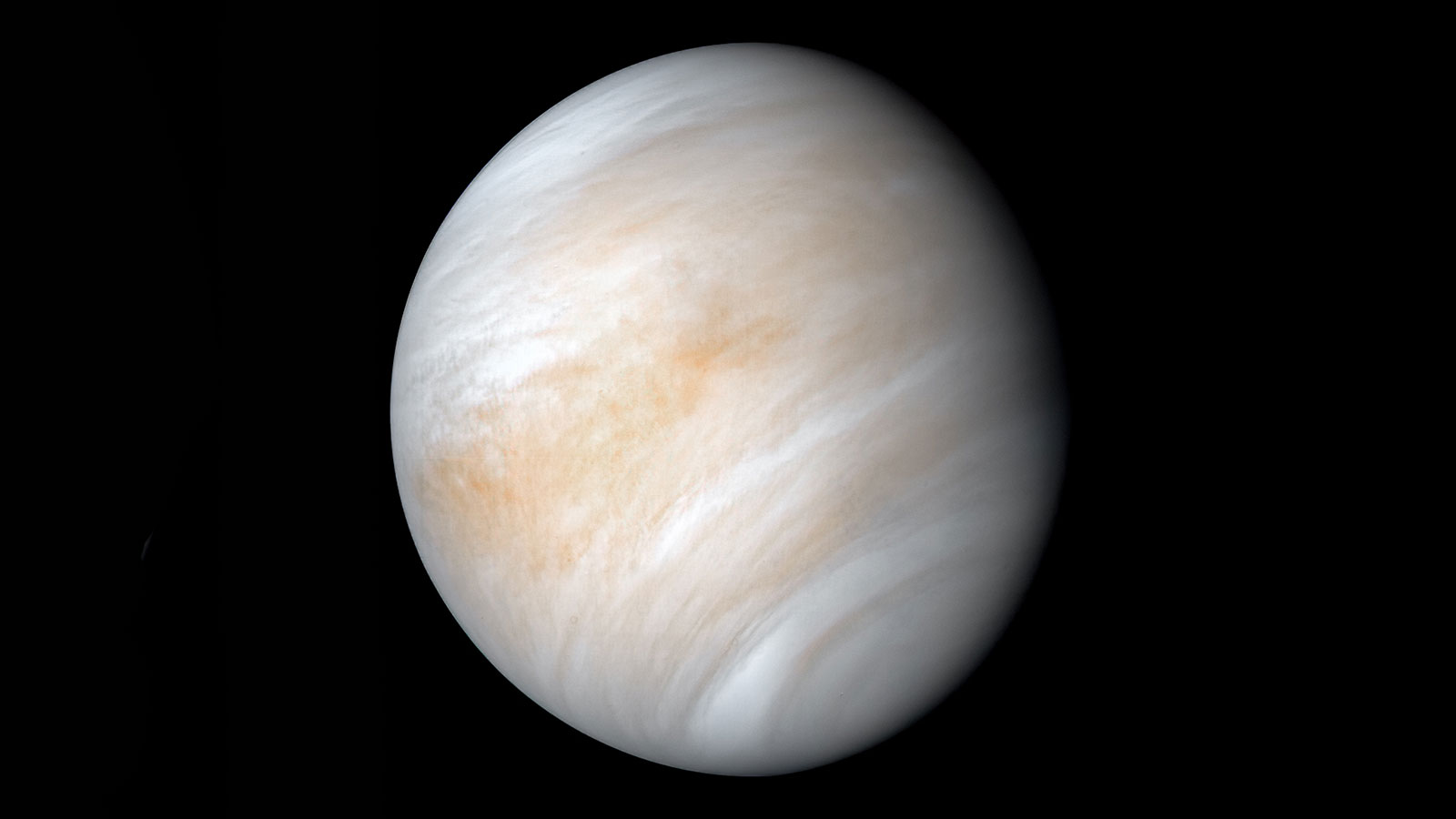
NEW DELHI (PTI): After the success of the Moon mission, ISRO has set sights on unlocking the mysteries of dying stars and exo-planets some of which are known to have atmosphere and are considered habitable, Indian Space Research Organisation (ISRO) Chairman S Somanath said on Tuesday.
Delivering a lecture organised by the Indian National Science Academy (INSA), Somanath said the space agency was also planning a mission to study the planet Venus, two satellites to study space climate and its impact on the earth, and conceptualising a project to land a spacecraft on Mars.
He said the XPoSat or the X-Ray Polarimeter Satellite, meant to study bright X-ray pulsars or stars that are in the process of death, was ready for launch in December this year.
"We are also conceiving a satellite called ExoWorlds, a mission for looking at exo-solar planets or planets that are outside our solar system and orbiting other stars," Somanath said.
He said there were more than 5,000 known exo-planets of which at least 100 were considered to have atmospheres. The ExoWorlds mission will study the atmosphere of exo-planets and whether they are livable or they host life.
Somanath said the plans for a Mars Lander Mission too were at the conceptual stage.
On the need to study Venus, the ISRO chief said the planet also has an atmosphere with atmospheric pressure 100 times that of earth near the surface.
He said the scientists don't know the reasons for high atmospheric pressure near the Venusian surface.
He said the thick clouds enveloping Venus are full of acids and one cannot even penetrate the surface.
"It is important to understand the evolution of planetary bodies. Only if you look at Venus and Mars, one can actually study what effects are there in your activities on the earth that actually makes it habitable or non-habitable. All this will depend on your understanding of it and the ability to act on it," Somanath said.
 Previous Article
Previous Article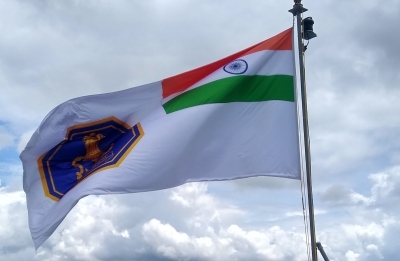 Next Article
Next Article
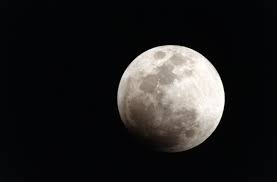
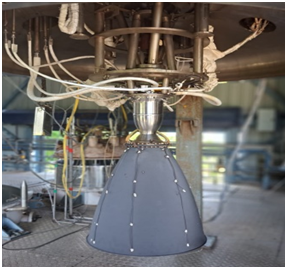
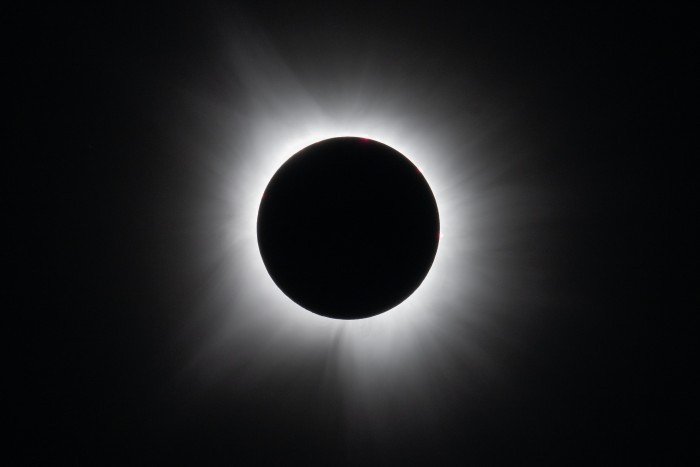


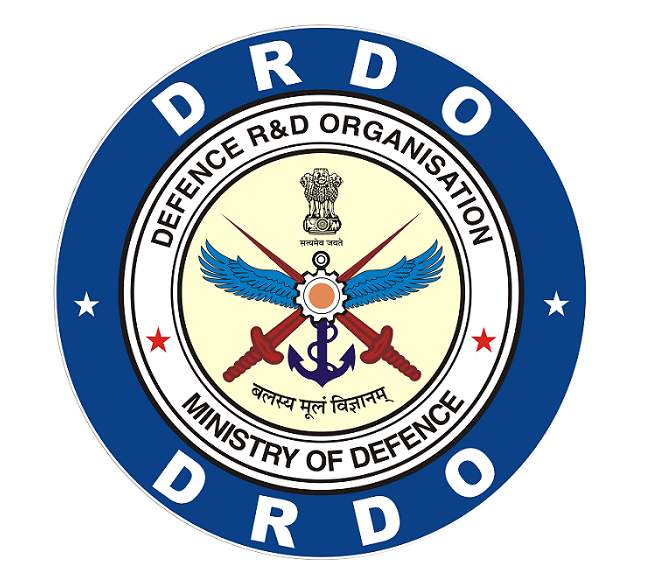

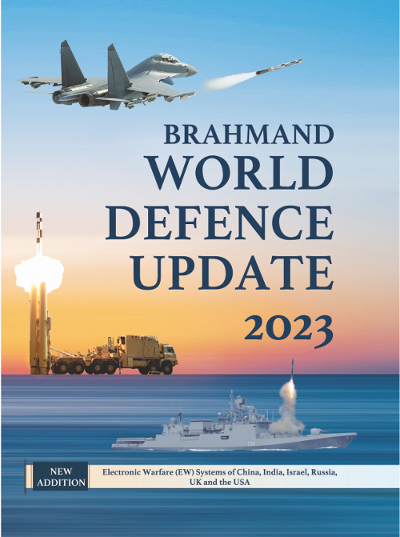




The Indian Air Force, in its flight trials evaluation report submitted before the Defence Ministry l..
view articleAn insight into the Medium Multi-Role Combat Aircraft competition...
view articleSky enthusiasts can now spot the International Space Station (ISS) commanded by Indian-American astr..
view article